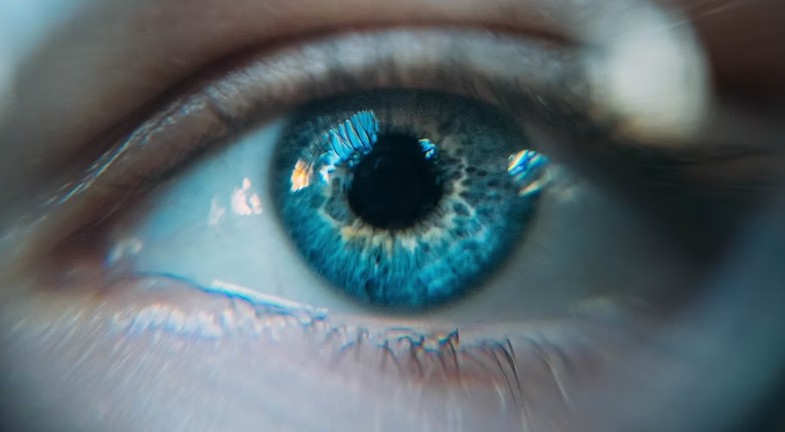A study reveals that Artificial Intelligence might assist in preventing blindness. Scientists have created an AI program purposely for scanning IRDs, also called inherited retinal diseases. The team explains that the program could open doors for more eye tests, thereby assisting in detecting eye diseases.
Nikolas Pontikos, the team leader, anticipates Eye2Gene on the frontline of customized treatments. The retina is situated at the rear of the eye. It comprises cells sensitive to light. It is difficult to recognize the responsible gene by viewing a scan. Fortunately, AI can note this with higher accuracy.
Researchers used data they had compiled on inherited retinal diseases
The scan assists physicians in giving drugs and suggesting lifestyle changes. This can be done before the emergence of the symptoms. The primary IRD is referred to as retinitis pigmentosa. Families are known to pass it down generation after generation, with symptoms being the ability to see in dim light and dyslexia. Scientists used Moorfields’ extensive database comprising information regarding IRDs—this information consists of three decades worth of study.
IRDs are rare. However, their symptoms can range from mild to severe. These disease change the structure and function of the retina leading to poor vision. Most of them affect the photoreceptors in they eyes thus reducing the eye’s response to light. They are not usually preventable and can be either stable or worsen throughout a person’s life.
Artificial Intelligence compared to HPO
The present techniques of uncovering eye diseases are determined by a patient’s gene expression recognized by HPO( Human Phenotype Ontology). Eye2Gene is meant to give a profound source of knowledge compared to HPO through retinal imaging. In medical examinations, Eye2Gene faired well when employed on 130 inherited retinal diseases. The software would be included in the imaging device for the retinal. Only after approval showing safety will it be used widely.
Every inherited retinal disease is caused by a gene not functioning correctly. Moreover, it can affect everyone as it is not limited to a specific age. Unfortunately, the symptoms are known to worsen with time. Including AI in treatment will assist in navigating barriers while allowing diagnoses for individuals.


